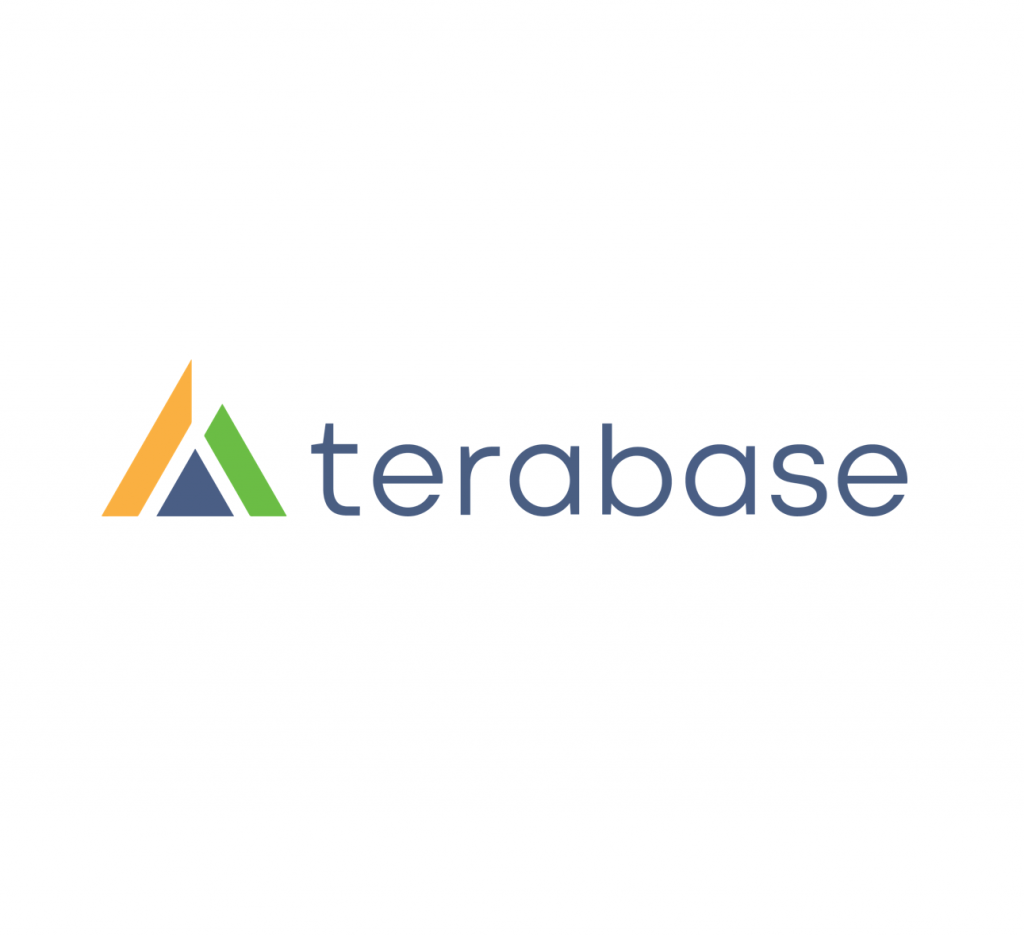Validic Raises Series A to Fuel Growth
Durham — August 13, 2014 — Validic has announced it has raised a $5 million Series A round. The round was co-led by Greycroft Partners and SJF Ventures. These funds will be used to fuel growth.
The company also recently announced Frost & Sullivan named Validic the winner of the 2014 Best Practices Global Healthcare Information Interoperability Customer Value Leadership Award and Gartner awarded Validic “2014 Cool Vendor for Healthcare Payers.” In July Validic acquired Infometers Inc., a Silicon Valley-based technology company that connects remote healthcare monitoring devices to the healthcare system. With this acquisition, Validic’s digital health ecosystem increases 44%, enabling Validic clients greater access to key patient data from clinical devices.
“We are very excited about the recent activity. Receiving these awards from industry analysts, acquiring Infometers, the Series A, expanding our client base are all hallmarks of a thriving company making a difference,” stated Validic Co-founder and CEO Ryan Beckland. “We will use the Series A to continue to fuel our significant growth. It is a great honor and responsibility to be in such an important position in the overall transformation of healthcare.”
“All healthcare stakeholders are trying to improve care and the health of their populations while reducing per capita costs of care,” said SJF Ventures Managing Director Cody Nystrom. “Validic is providing a solution that helps all of these stakeholders access actionable health data to deliver more accountable and affordable care.”
About Validic
Validic is the healthcare industry’s leading technology platform for convenient, easy data access to a world of mobile health and in-home devices, wearables and patient healthcare applications. Validic connects its growing base of customers — that includes providers, payers, pharmaceutical companies, wellness companies and health IT vendors — to the continuously expanding list of digital health technologies. This enables healthcare companies to better coordinate care across their communities, improve their patient engagement strategies, enhance their remote patient monitoring capabilities, and more efficiently manage their patient populations.


